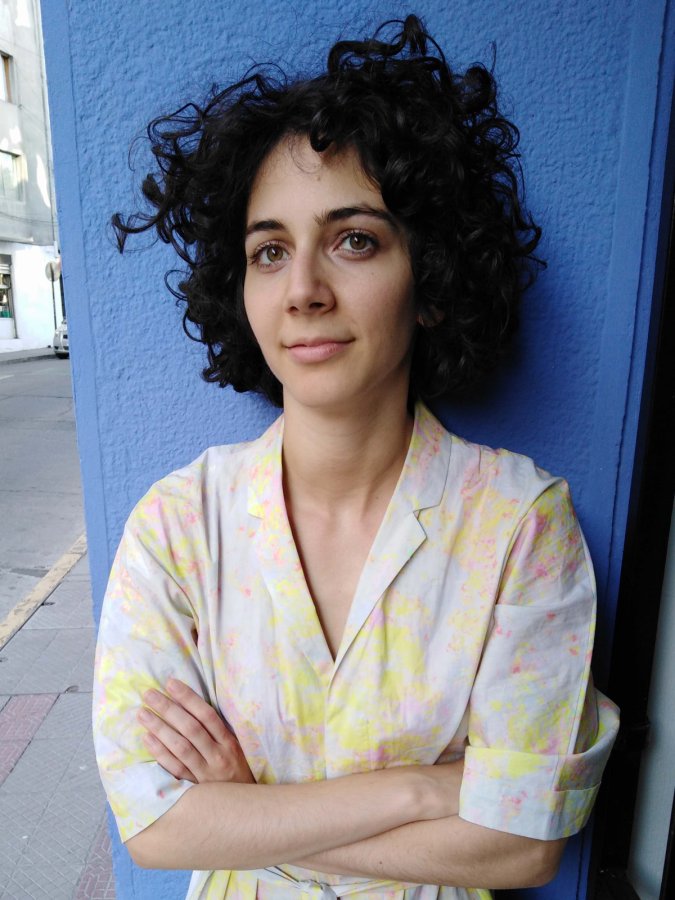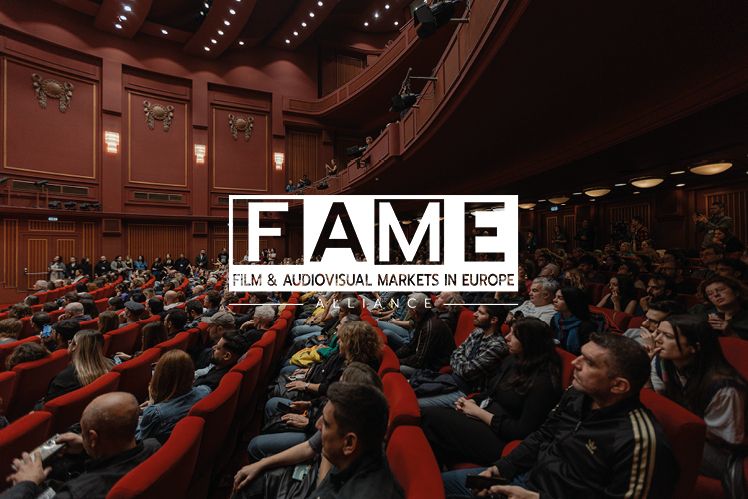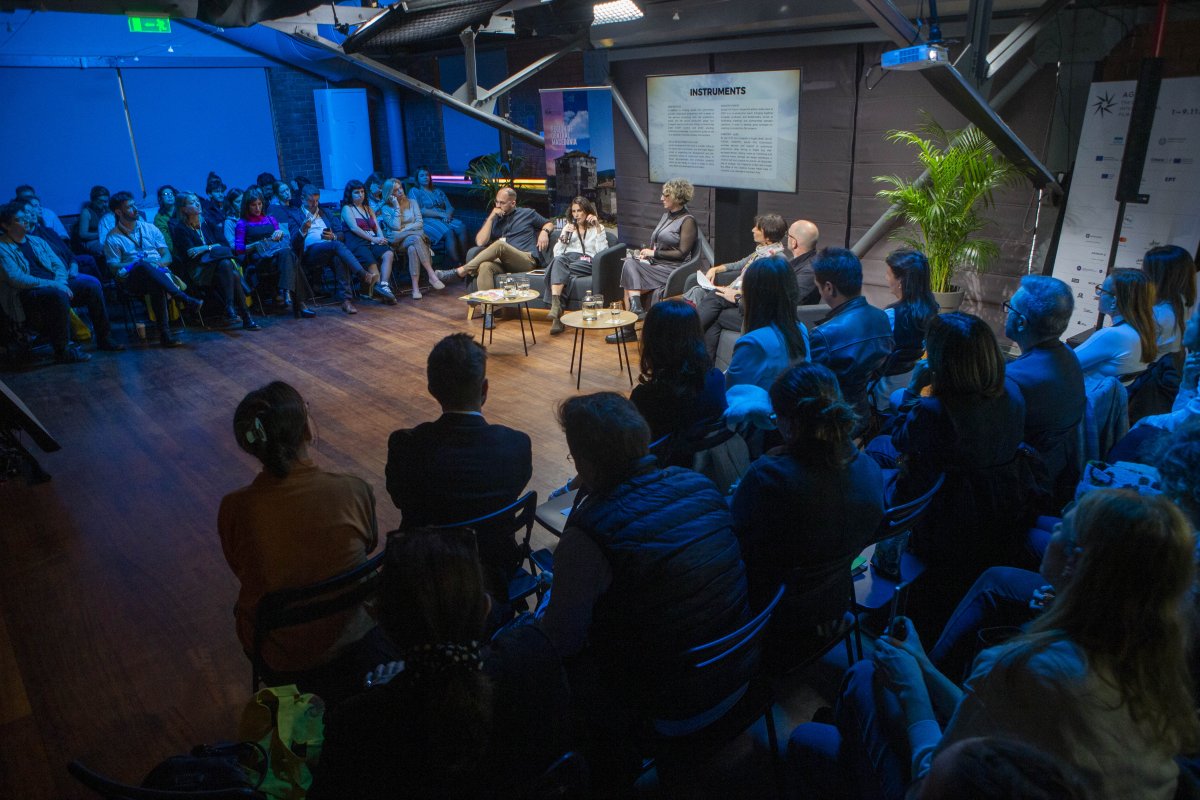As part of the Agora Talks of the 64th Thessaloniki International Film Festival and in collaboration with Sofia Meetings and the MIDPOINT Institute, a discussion titled "Storytelling: A narrative bridge between film and series" was held. Lefteris Charitos, Greek filmmaker of the hit series Wild Bees and The Witch and Chairman of the Hellenic Film Academy, as well as, Nima Javidi, Iranian filmmaker and winner of this year's Series Mania Festival award with The Actor, as well as Berkun Oya, Turkish director and screenwriter also creator of the much-discussed series Ethos, participated in the panel. Müge Ozen, (When I'm Done Dying, Girl With No Mouth) moderated the panel.
Alexandra Gobrizova, head of the MIDPOINT Institute coordination programme, first took the flour by thanking the Agora for the valuable cooperation and highlighting the common goals and values shared by the two bodies, including "the creation of a safe framework for young professionals so that they can develop and present their stories". She referred to the "remarkable shift of scriptwriters from cinema to television" in general, but also more specifically in the region of Central and Eastern Europe.
Starting with this shift and the general change brought about by streaming platforms, the speakers initially shared stories about how they started their writing careers and how their film or television backgrounds determined their transition from one medium to another. Then they referred to the differences and similarities between film and television scriptwriting and production. Nima Javidi, Iranian filmmaker, referred to the differences of audience quality in each medium: "There are two kinds of audience. The audience of a film buys a ticket, goes to the cinema; it’s very unlikely that they leave the theatre in case they don’t like the film. Then we have the audience of a series pressing pause or even changing the channel. The options are numerous. This makes my job as a screenwriter much more difficult," he said, adding, "The most important part is the story, as it will ultimately gain the viewer's attention."
Lefteris Charitos then referred to the Greek television framework, where limited series gradually emerged, whereas Berkun Oya, Turkish creator, also referred to the same issue, speaking specifically about the differences between traditional TV series and productions of major subscription platforms. Then issues of scriptwriting methodology were discussed, where the creators referred to the creative process and the factors determining the choice of medium (film or series) for an idea. "The idea has to have the potential to develop beyond the basic plot and subplots," Nima Javidi noted, while Berkun Oya, also referred to adapting books to TV series, saying that "there is a different approach in each medium". "The character in a TV series becomes our friend. We get addicted to watching him/her on the screen all the time. Films therefore have time limitations. In a series you have plenty of time to develop a character. When you have more time, you can create more complex characters," the Iranian director said.
Mr. Charitos also referred to the technical differences in the production process: "Cinema has many different ways of storytelling", he commented and referred to the importance of editing and cinematography. "The nice thing about television is that you have to tell the story first and then decide the way to tell it. In cinema, that's not the case; storytelling is everywhere." He went on to comment on the difficulties of financing a film compared to TV series: "It's much harder to finance a film than a series where the channel provides you with direct funding," he said.
Questions related to the practical and technical part of the writing process followed, where among other topics that of the artificial intelligence in the scriptwriting process was raised. "We shouldn't be afraid of AI, but we definitely need to change the terms so they're favourable to us." The discussion ended with the announcement of the screening of the first two episodes of Nima Javidi's The Actor, on Saturday, November 5, at 19:00, at Tonia Marketaki Hall.
















